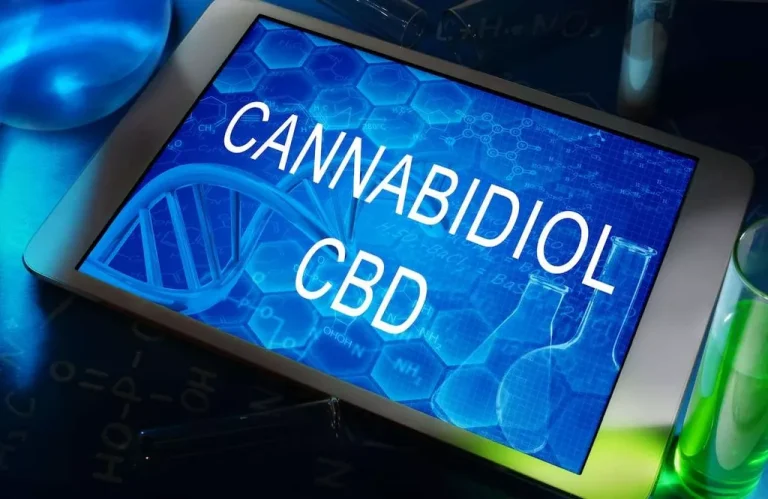
Changes in the brain, especially among heavy drinkers who go through periods of withdrawal, can make panic and anxiety attacks more likely. But, just like with short-term hangxiety, drinking doesn’t make chronic anxiety go away. Sure, it might make you feel like you’ve calmed down alcohol and anxiety in the moment, but nothing has really changed.
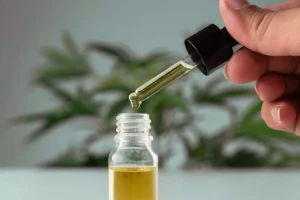
Understanding the Connection Between Alcohol and Anxiety
They might also arise in situations where you wouldn’t expect to feel anxious. Your doctor may refer you to therapy, outpatient alcohol addiction treatment, or residential rehab for alcohol addiction. Detoxing at a rehab or hospital may be a necessary first step; make sure you ask your doctor for their medical opinion. You can use Recovery.com to find rehabs and outpatient programs that treat alcohol addiction. Let’s explore the true effects of alcohol and how short- and long-term consequences can hide behind the guise of relaxation.
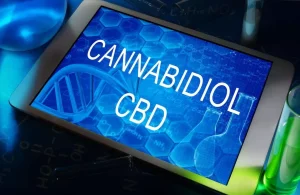
Anxiety and depression
Recent statistics reveal a concerning correlation between anxiety and alcohol use. Anxiety disorders are among the most common mental health conditions, affecting millions of people worldwide. These disorders are characterized by persistent feelings of fear, worry, and unease that can significantly impact daily life.
Haitian Empathetic Stress Syndrome: Causes, Symptoms, and Coping Strategies
Your best bet to avoid hangxiety is to drink responsibly, says Dr. Trahan. Support groups such as Alcoholics Anonymous (AA) or anxiety support groups can provide valuable resources and community support for individuals working to overcome these challenges. These groups offer a safe space to share experiences, learn coping strategies, and find encouragement from others who understand the struggle.
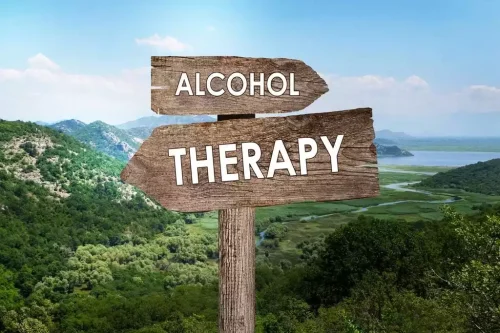
- While alcohol, as a depressant, may temporarily alleviate these symptoms, it ultimately exacerbates anxiety, leading to a vicious cycle of dependence.
- But if drinking never ends, and the alcohol use becomes chronic, you might begin to see how anxiety and alcohol misuse can feed into each other.
- However, there is no evidence that moderate drinking will cause anxiety.
- Different types of anxiety disorders may be impacted differently by alcohol use.
- It is usually difficult for people who drink to be completely honest about how much they've been drinking.
Alcohol enhances the effects of gamma-aminobutyric acid (GABA), the primary inhibitory neurotransmitter in the central nervous system. This enhancement leads to decreased brain activity, resulting in feelings of relaxation and reduced anxiety. Younger individuals, particularly those in their late teens and early twenties, may be more susceptible to alcohol-induced anxiety due to the developing brain’s response to substances. Older adults may experience heightened anxiety after drinking due to age-related changes in metabolism and the body’s ability to process alcohol. As the body ages, it becomes less efficient at breaking down alcohol, leading to prolonged effects and increased anxiety.
- This is due to its depressant effects on the central nervous system, which can induce feelings of relaxation and reduce inhibitions.
- However, if you're showing the symptoms of alcohol addiction, it’s likely that you’ll need professional support to help you safely withdraw from alcohol and remain sober.
- Unlike alcohol, these coping strategies address the root causes of anxiety and provide sustainable relief.
For Treatment Providers
However, with the right treatment plan, including medications, home remedies, and lifestyle changes, it is possible to manage and reduce anxiety symptoms effectively. Trembling, or tremors, occur in 30-50% of individuals with alcohol-induced anxiety disorder. Tremors are involuntary muscle movements, often affecting the hands but can also occur in other parts of the body. This symptom is most common during alcohol withdrawal, as the nervous system becomes hyperactive Sobriety in response to the sudden absence of alcohol.
Living with Alcohol-Induced Anxiety Disorder: Tips for Better Quality of Life
If they continue to use alcohol to help them feel more relaxed or at ease, they might eventually feel the need to avoid any social situations where they would be unable to drink. But if drinking never ends, and the alcohol use becomes chronic, you might begin to see how anxiety and alcohol misuse can feed into each other. The withdrawal period normally peaks 72 hours after the blood alcohol level drops.
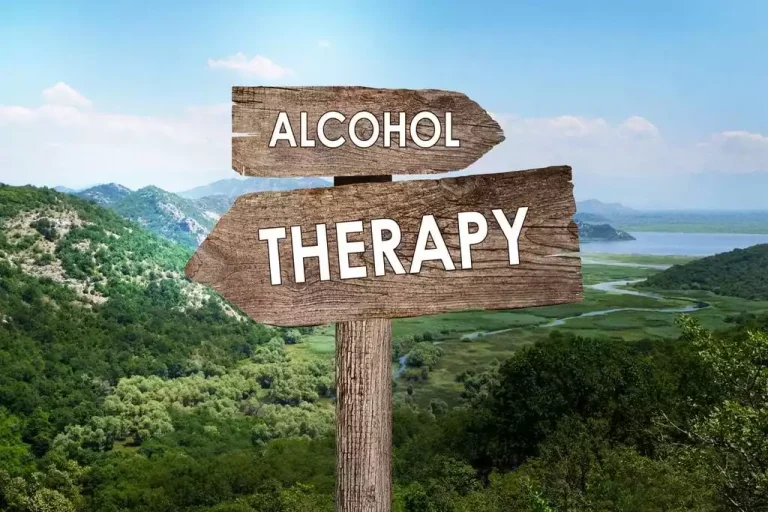
While you might feel that it works in the short term, it's more likely to cause you problems in the long run. If you have an anxiety disorder, alcohol misuse and withdrawal can make your symptoms worse. If a person experiences alcohol withdrawal symptoms, it can create a cycle of heightened anxiety and increased alcohol misuse.
